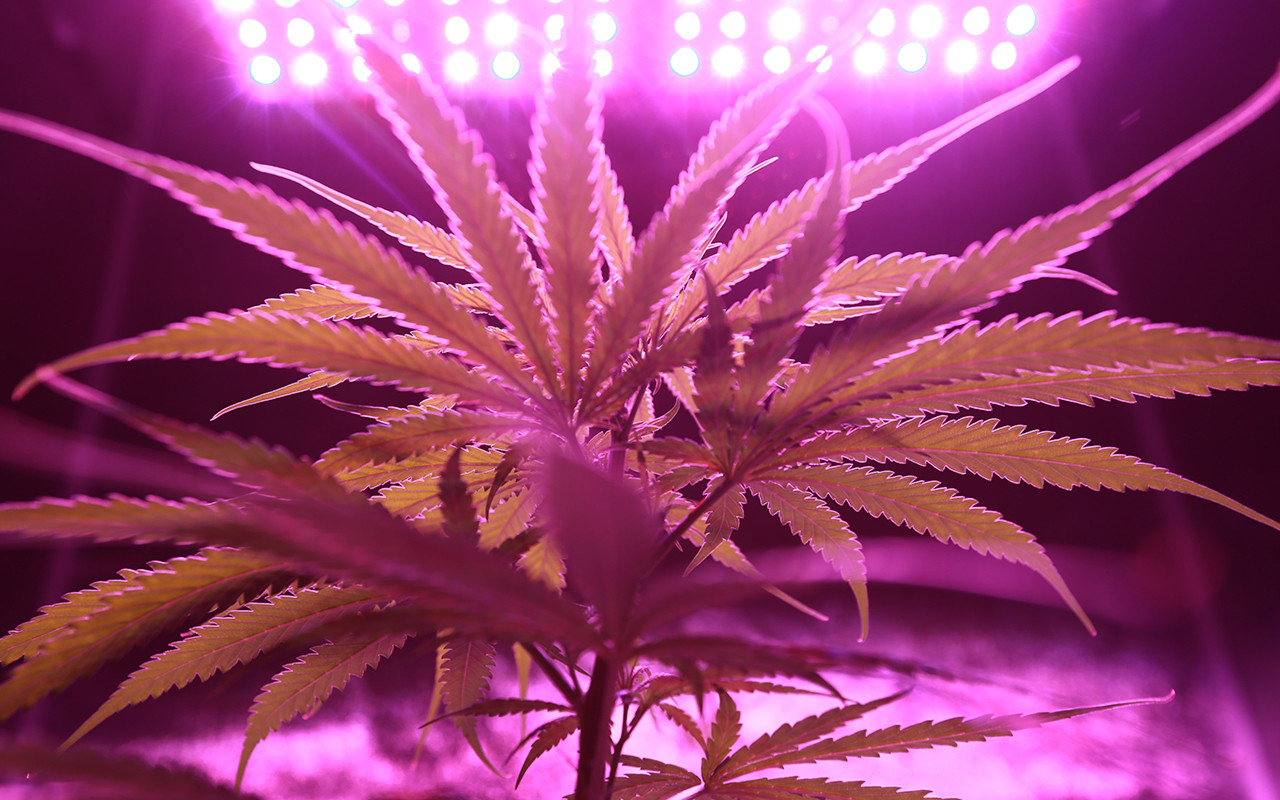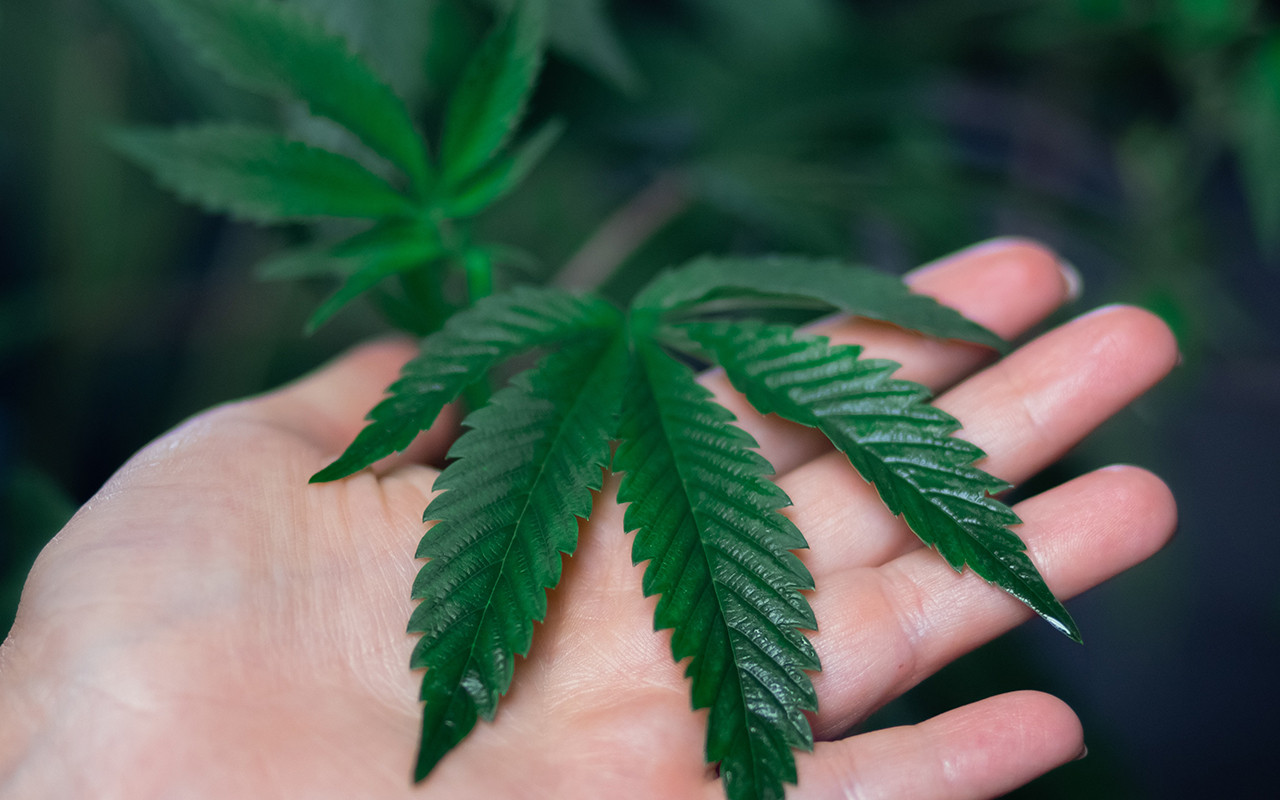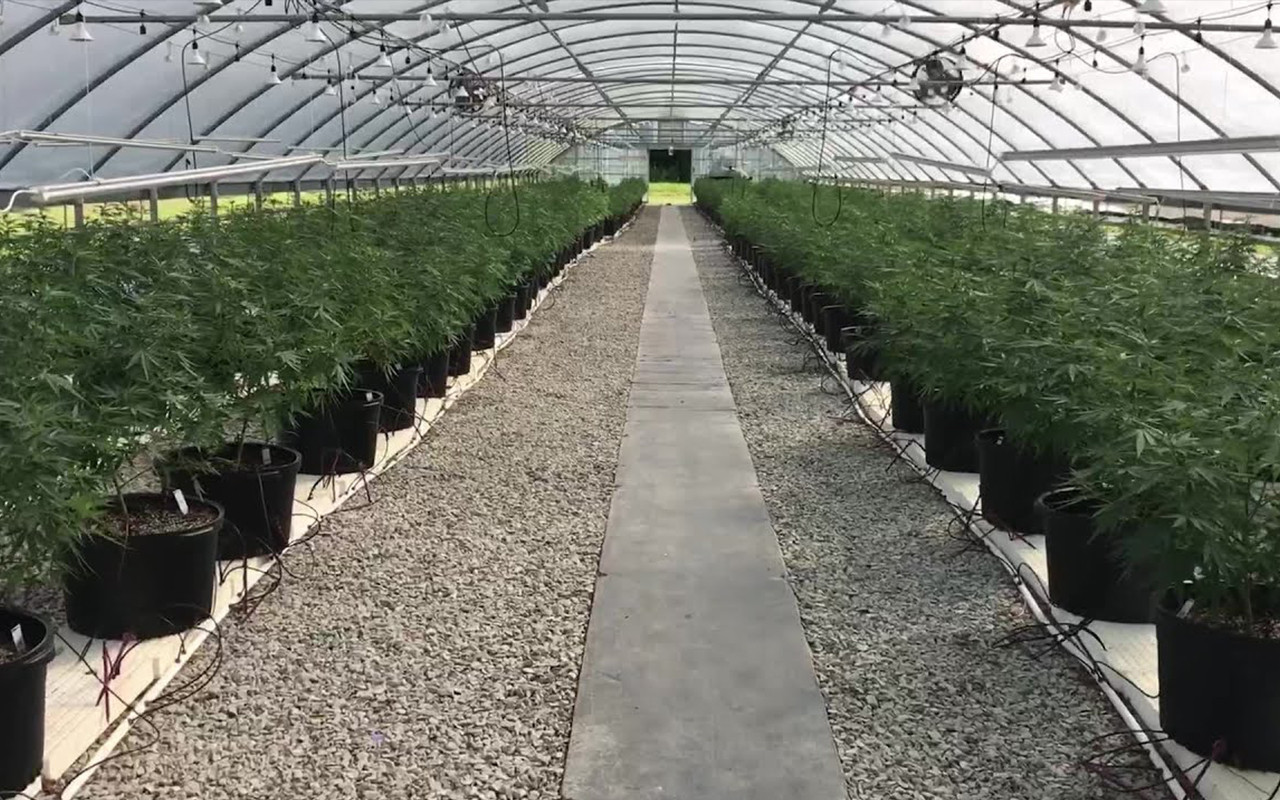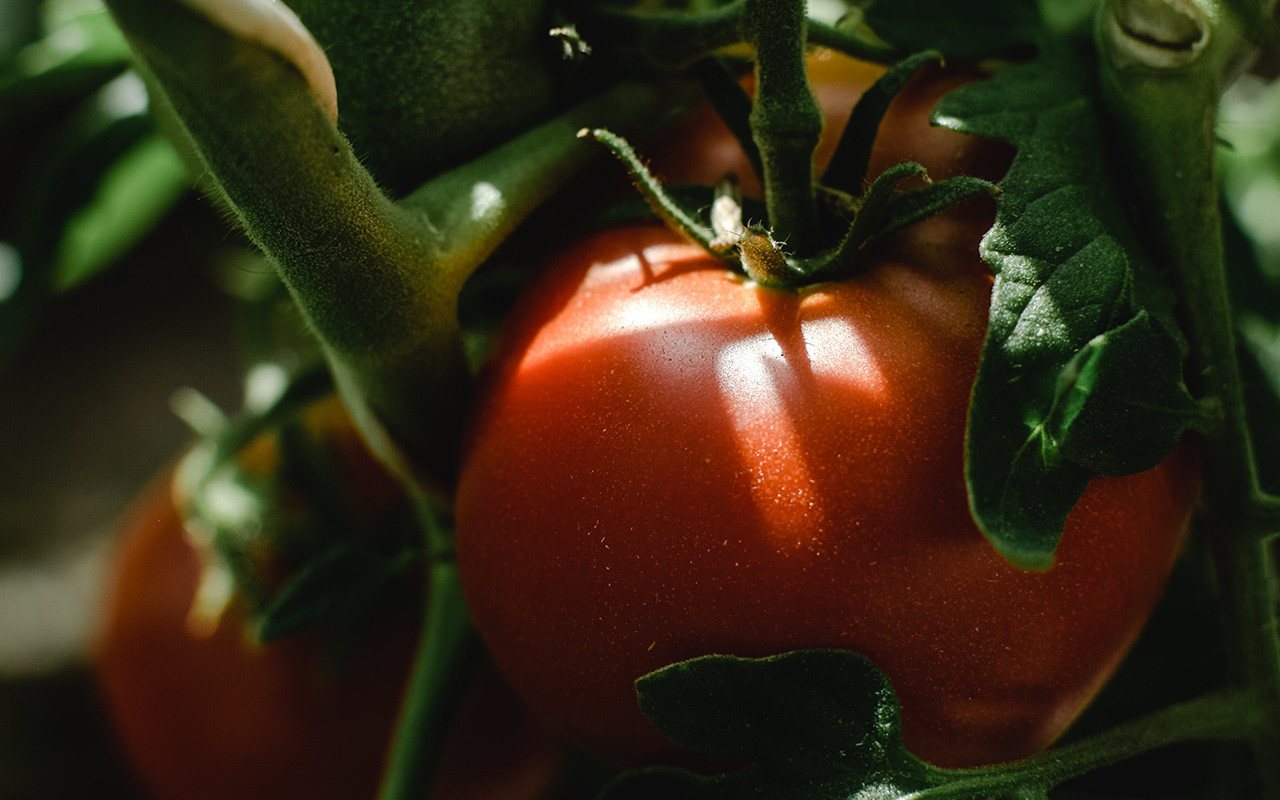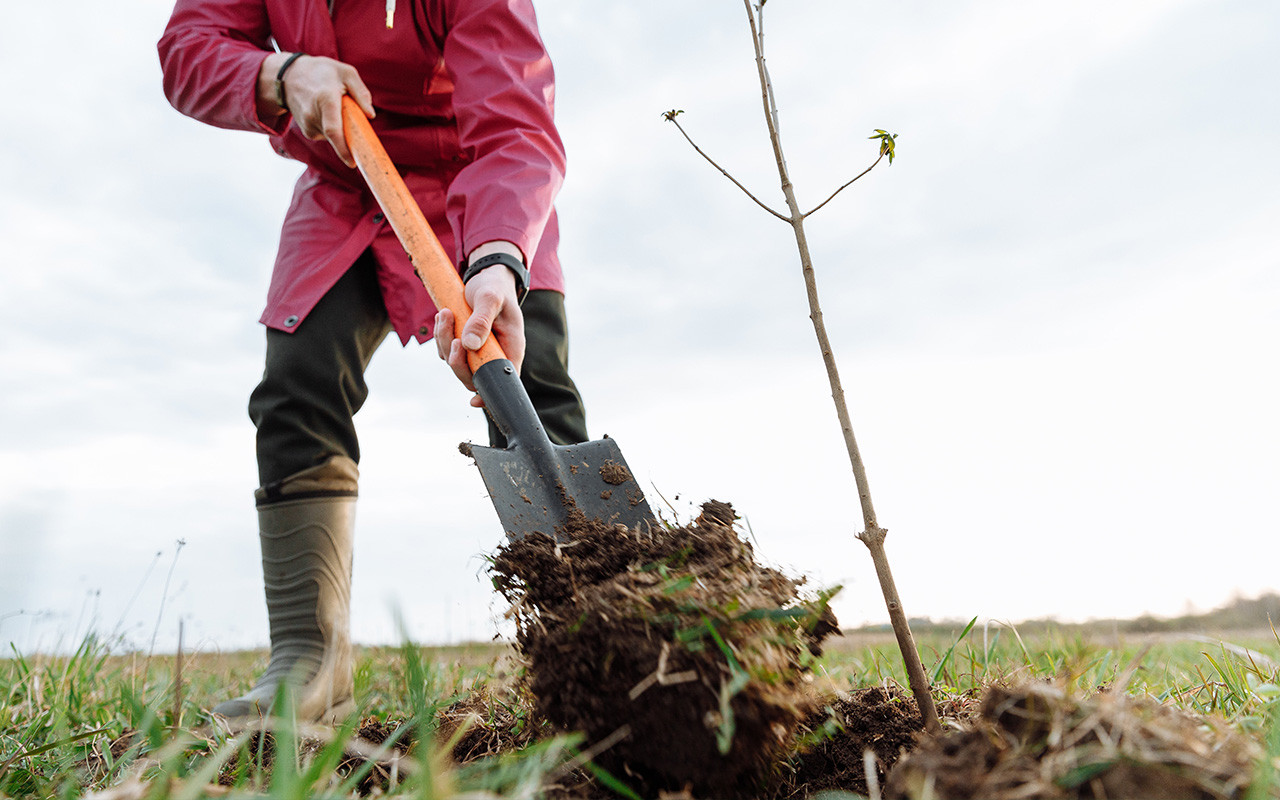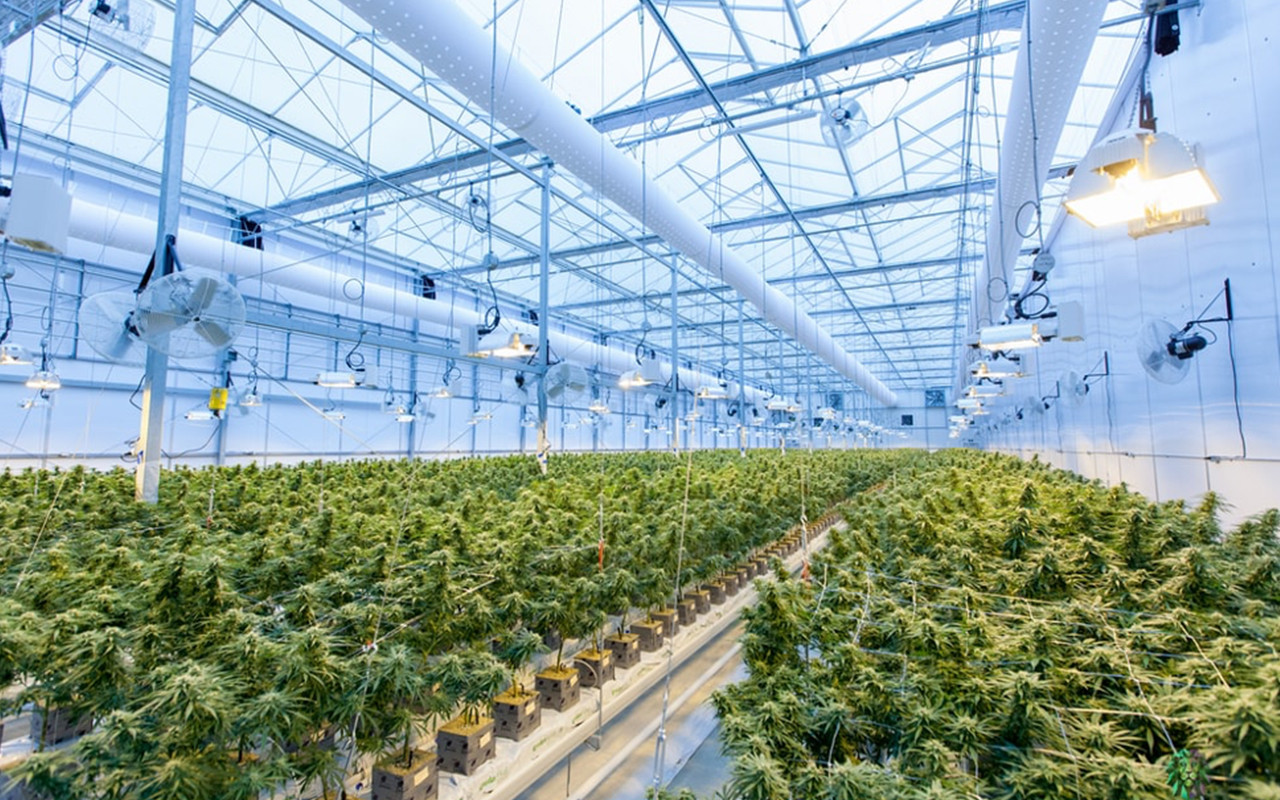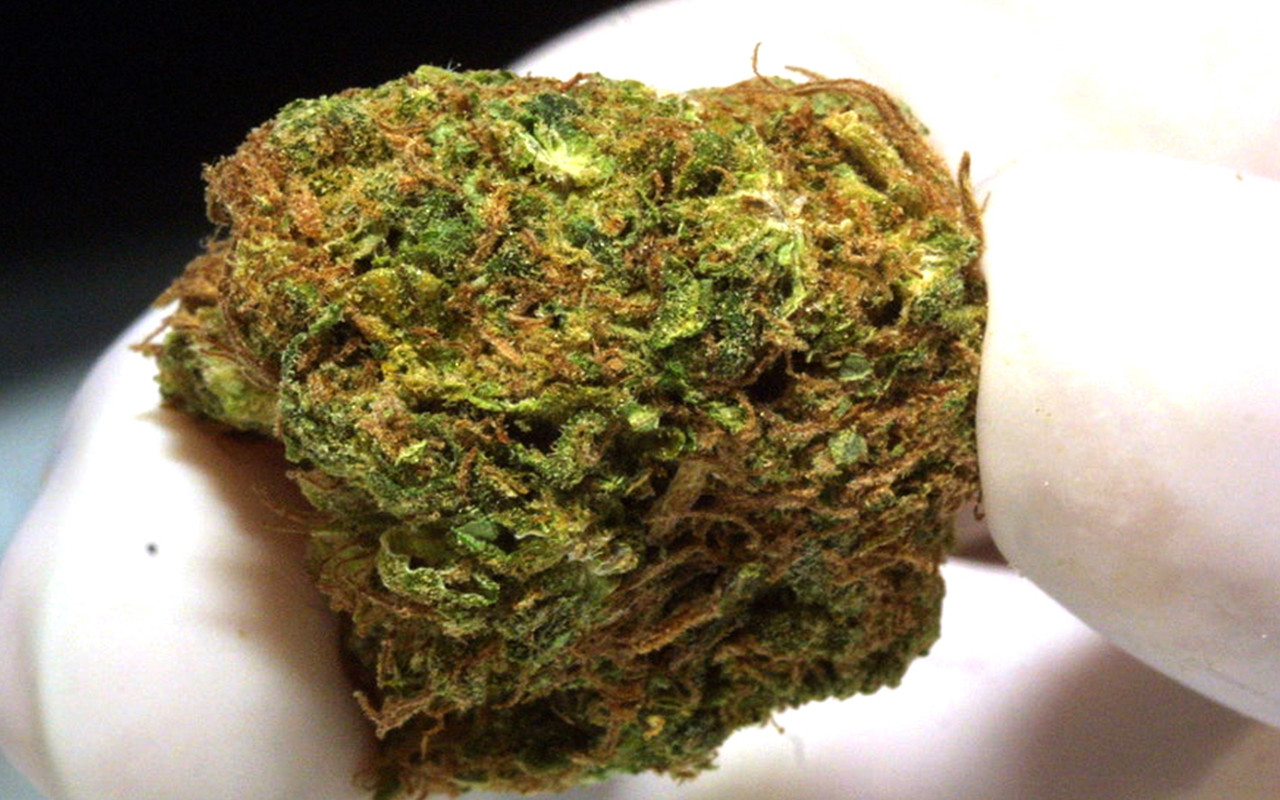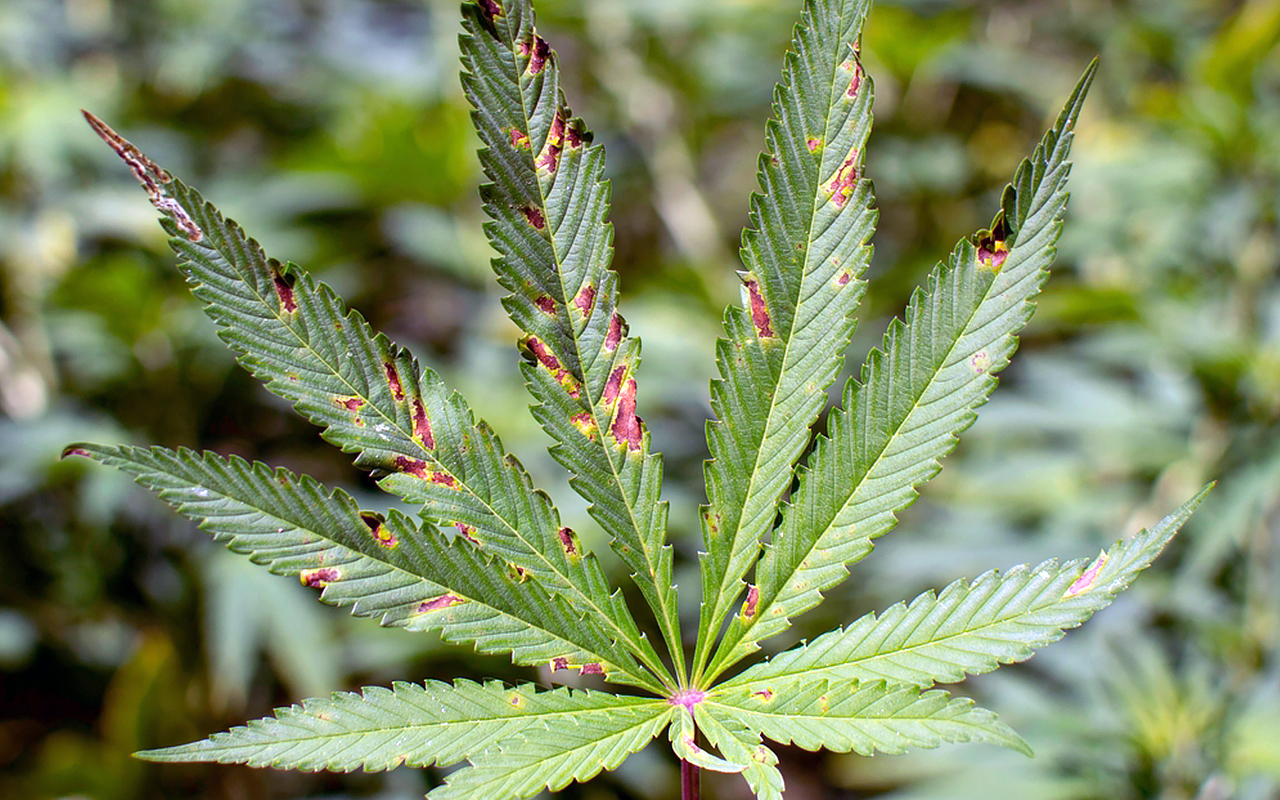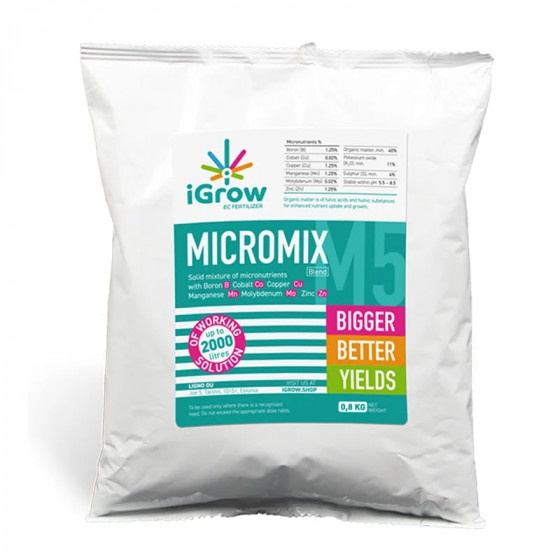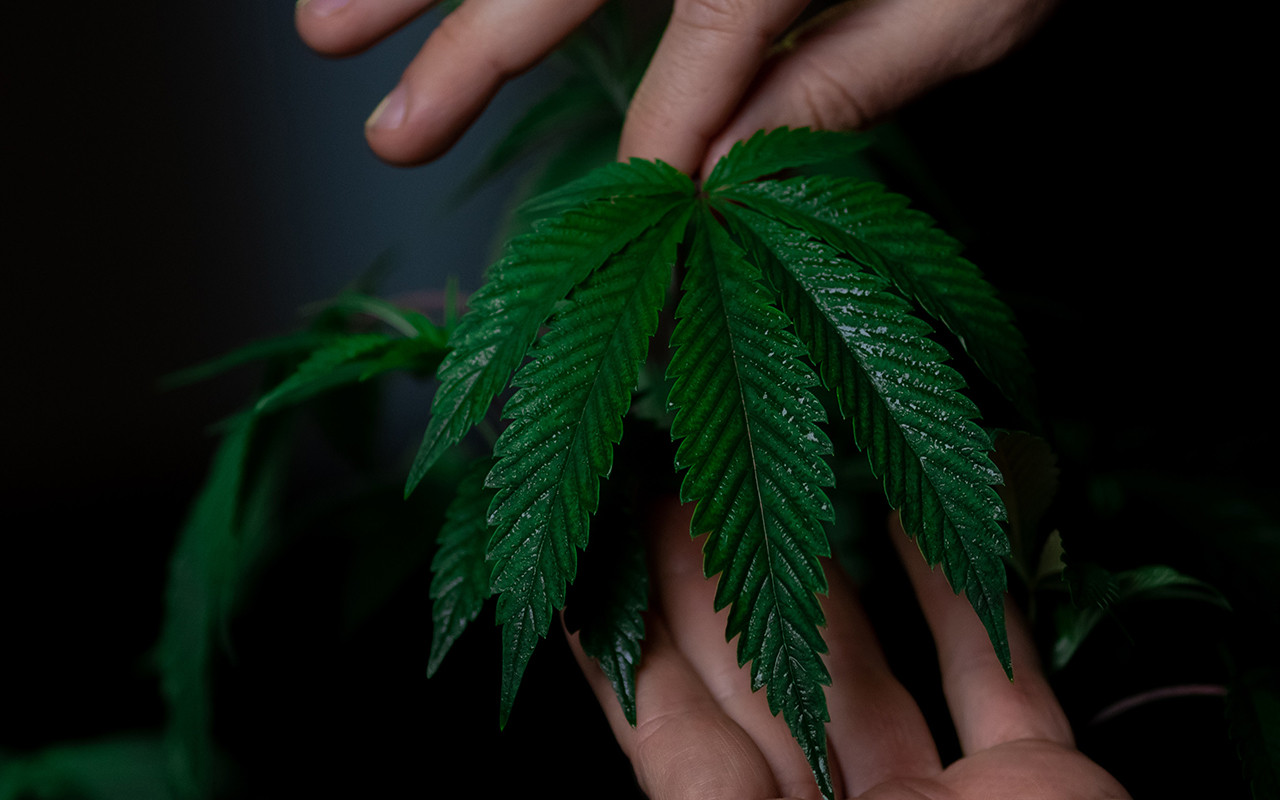
How Nutrient Deficiencies Affect Your Cannabis Crop
Nitrogen
Nitrogen is one of the most essential macronutrients for all plants, including cannabis. It is an extremely vital component of the photosynthetic pigment chlorophyll, the compound that enables them to produce energy from sunlight. Additionally, it’s a major component of amino acids, the building blocks for all proteins that govern numerous metabolic reactions.
Without nitrogen, your cannabis plant can barely synthesize any chlorophyll. As a result, they can’t produce ATP (adenosine triphosphate) - the compound that transfers energy for metabolic reactions. Leading to a cascade of effects that stuns their growth and vitality.
Cannabis lacking nitrogen will appear yellowy and will have extremely thin stems that can barely support the weight of the plant.
Phosphorus
Phosphorus is another macronutrient that all plants require. It is a key component of ATP, composing the phosphate part. It essential for plant growth and maturity, moving storage molecules, like starch, from one place to another. It also forms part of plant DNA and cell membranes, giving them shape and structure.
Plants lacking in phosphorus don’t grow beyond a certain threshold leading to a lower yield for your cannabis crop. Leaves and stems showcase spots in different shades of purple as a result of sugar accumulation, favoring the synthesis of anthocyanin.
Potassium
Potassium is the third essential nutrient required by plants. It aids in metabolic reactions that produce complex compounds like enzymes, proteins, and ATP. In addition, it helps control the CO2 and water uptake of the plant by opening and closing stomata on the underside of leaves.
Cannabis deficient in potassium will exhibit leaves that curl up from the edges start decaying, leading to the emergence of brown spots if left untreated.
Common Causes of Nutrient Deficiencies and How to Treat Them
There are some known reasons that may point towards nutrient deficiencies in your cannabis crop.
Fast Draining Soil
Soils that are plowed too much become porous. As a result, water does not retain in them and drains quickly. Also, soils rich in sand instead of clay are more likely to let water pass than retain it. Water that drains quickly washes away nutrients, leading to nutrient deficiencies.
In order to mitigate this, consider conducting a soil assay to figure out the sand and clay content of your soil. If it’s unfeasible to change the soil environment, try looking for alternative means for growing your crop, like aquaponics.
Undesirable Soil pH
Soil pH is one of the leading causes of nutrient deficiencies in cannabis crops, but it is one of the easiest to detect by simply a litmus test. Nutrients stagnate in the soil at certain pH levels, preventing plants from taking them up via their roots. Acid soils tend to hold onto nutrients like phosphorus, calcium, magnesium, and molybdenum. In severe cases, toxic levels of other nutrients like magnesium and aluminum can build up.
Cannabis requires a slightly acidic pH of around 6.3 – 6.8. So make sure you test the soil before planting your cannabis crop. If the soil is too alkaline, adjust its levels by introducing acidic compounds like aluminum sulfate or elemental sulfur. If it’s too acidic, add hydrated calcium hydroxide to the soil. In each case, make sure to do it in batches and test it out to prevent it from swinging in the opposite direction.







